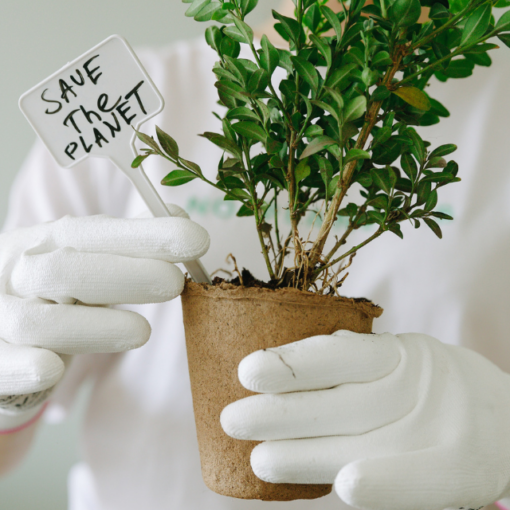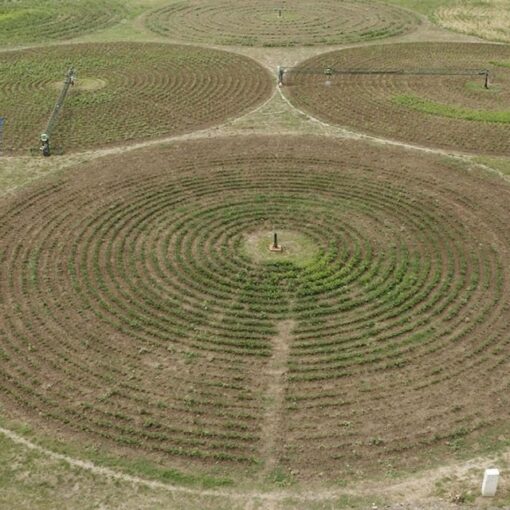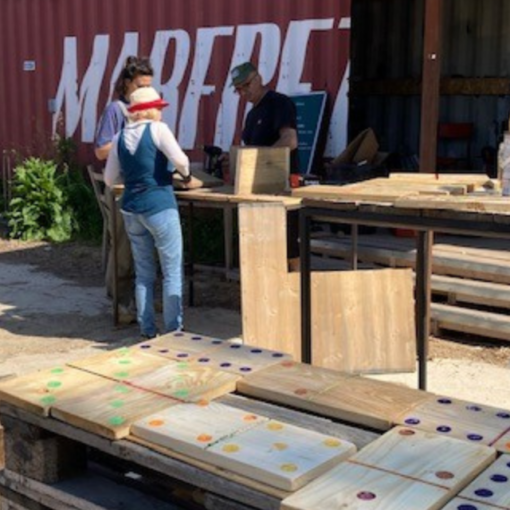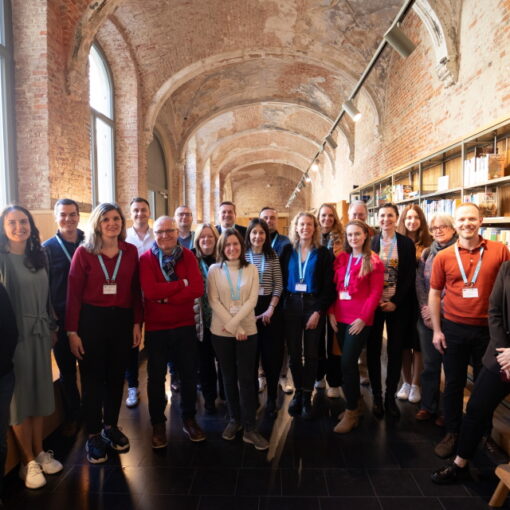As cities grow and environmental challenges intensify, finding smarter, more sustainable ways to manage resources has never been more important (Ellen MacArthur Foundation 2025). A circular bioeconomy – where biological resources are used efficiently, nutrients are recovered, and waste is minimized – offers a promising path forward (European Commission 2022). As major centres of consumption and waste, cities have a huge role to play in making this shift happen (Ellen MacArthur Foundation 2025; European Commission et al. 2019, 72–79). That’s where CITISYSTEM – Supporting Cities in Sustainable Biobased Systemic Change comes in. The project supports cities in shaping better policies to keep materials, nutrients, and energy circulating within urban environments, turning waste into valuable resources. By improving biowaste management and boosting resource efficiency, cities move toward a more sustainable and regenerative future. (Interreg Europe 2023.)
During a thematic webinar, organized in January 2025, Manon Jourdan, Implementation Officer in Zero Waste Europe introduced the LIFE BIOBEST project, which aims to improve biowaste management by identifying and validating best practices across the waste chain. It develops key performance indicators, supports stakeholder collaboration, and provides decision-making tools for local and regional authorities. (Zero Waste Europe 2023.) The project aligns with the focus of the CITISYSTEM project on enhancing the circular bioeconomy in cities. Exchanging knowledge and examples with other projects and experts is fundamental. Thus, organizing regular thematic webinars is a great opportunity to get inspired.
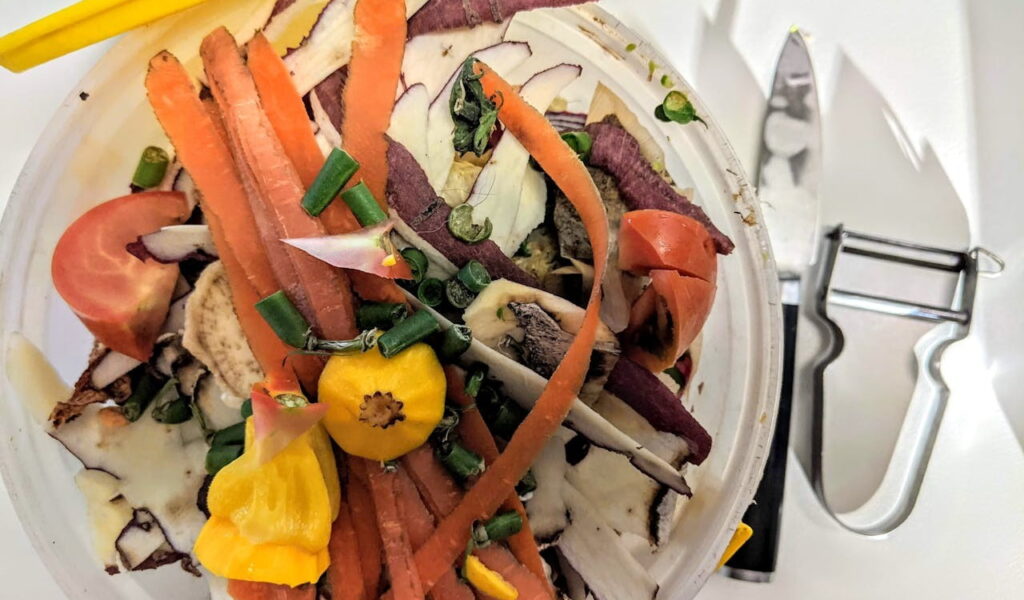
Biowaste Management Guidelines
Efficient biowaste and garden waste collection is essential for sustainable waste management. Biowaste breaks down quickly due to its high moisture content, making proper sorting important. Providing households with collection and separation tools like vented caddies and compostable liners makes this process easier. Door-to-door collection is the most effective system, as it improves sorting quality, reduces contamination, and increases participation. The frequent collection is key, with biowaste needing more regular pickup than residual waste to maintain hygiene and odour. Bin size also matters, as larger bins can lead to contamination with non-recyclable materials. (Jourdan 2025.)
Deciding whether to collect biowaste and garden waste together or separately affects both logistics and costs. While collecting them together is simpler, it is usually more expensive since biowaste treatment costs more than garden waste processing. Keeping them separate allows for better planning, reduces contamination, and ensures biowaste is collected as often as needed. Garden waste is seasonal and does not degrade as quickly, so it is collected less frequently. Supervised collection centres and door-to-door services help maintain quality, while the less frequent collection also encourages households to compost at home, reducing overall waste. (Jourdan 2025.)
Communication is fundamental
According to Jourdan (2025), successful biowaste collection depends on clear communication, smart incentives, and easy-to-use systems. Making waste sorting simple and convenient encourages participation. Incentives like Pay-As-You-Throw (PAYT) and composting rebates motivate households to reduce waste. Communication should be clear, user-friendly, and accessible to different communities, combining awareness campaigns with ongoing engagement through surveys and meetings. (Jourdan 2025.)
Enhancing Participation and Ensuring Effective Waste Sorting
Providing collection tools (bins, caddies, compostable bags) helps more people take part in biowaste sorting and reduces impurities. Positive incentives, such as rewards for proper sorting, should be balanced with control measures like fines to ensure compliance. Clear, inclusive communication tailored to diverse target groups is essential, along with regular awareness campaigns to sustain and improve performance over time. Before expanding city-wide implications, pilot projects should be tested in smaller areas, with ongoing collaboration between authorities, users and waste management companies to improve efficiency.
Author
Katerina Medkova works as an RDI Specialist at LAB University of Applied Sciences and is CITISYSTEM Project Manager. CITISYSTEM – Supporting cities in sustainable biobased systemic change is an Interreg Europe co-funded project led by LAB University of Applied Sciences, Finland. The CITISYSTEM partnership consists of seven partners from Finland (2 partners), Slovakia, Slovenia, Belgium, Greece, and Spain.
Link to the CITISYSTEM project website.

References
Ellen MacArthur Foundation. 2025. Circular cities: thriving, liveable, resilient. Cited 12 Feb 2025. Available at https://ellenmacarthurfoundation.org/topics/cities/overview
European Commission Joint Research Center, Baranzelli, C., Vandecasteele, I., Aurambout, J., Siragusa, A. et al. 2019. The future of cities: opportunities, challenges and the way forward. Publications Office. Luxembourg. Cited 12 Feb 2025. Available at https://data.europa.eu/doi/10.2760/375209
European Commission. 2022. Bioeconomy Strategy. Knowledge for Policy. Cited 12 Feb 2025. Available at https://knowledge4policy.ec.europa.eu/bioeconomy/bioeconomy-strategy_en
Interreg Europe. 2023. CITISYSTEM – Supporting cities in sustainable biobased systemic change. Cited 5 Feb 2025. Available at https://www.interregeurope.eu/citisystem
Jourdan, M. 2025. BIOBEST: Guiding the mainstreaming of best biowaste recycling practices in Europe. Presentation given at the CITISYSTEM Thematic Webinar 4 on 27 Jan 2025.
Nys, D. 2022. Pile of Organic Waste. Pexels. Cited 6 Feb 2025. Available at https://www.pexels.com/photo/pile-of-organic-waste-14824327/
Zero Waste Europe. 2023. LIFE BIOBEST. Cited 6 Feb 2025. Available at https://zerowasteeurope.eu/project/life-biobest/
Links
Link 1. Interreg Europe. 2023. Project Summary. CITISYSTEM. Cited 5 Feb 2025. Available at https://www.interregeurope.eu/citisystem

